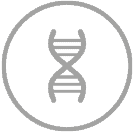R+D+I: Essais cliniques de l’Instituto Bernabeu:
Médecine de la reproduction
Un traitement médical correct doit combiner, avec les soins purement médicaux, la personnalisation du processus et, dans certains cas, l'application de la R+D+I. À l'Instituto Bernabeu, nous menons en permanence différentes lignes de recherche auxquelles nos patients peuvent s'inscrire s'ils le souhaitent.

TROUVER PAR TYPE DE RECHERCHE :
THE MOLE PLUS PERTINENT
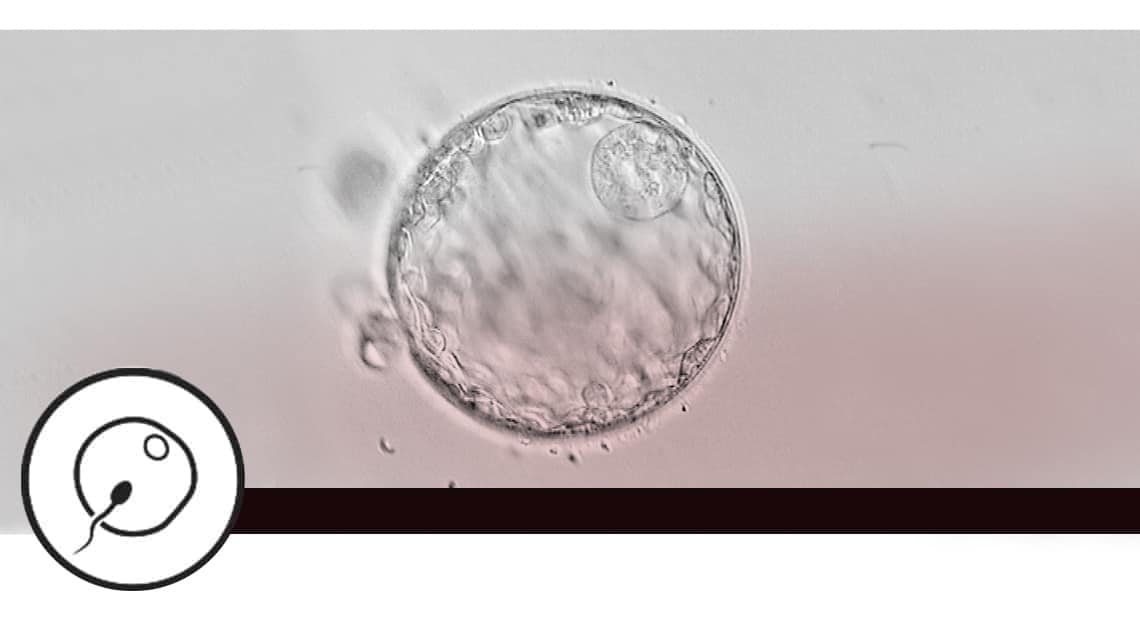
A phase II, randomised, double-blind, parallel-group, placebo-controlled, double-blind test to evaluate the ongoing pregnancy rate with OXO-001 (200 mg, 300 mg) or placebo at 10 weeks after transfer of a single fresh blastocyst resulting from IVF/ICSI with donated eggs.
Objective: The primary objective is to investigate whether the trial drug will help improve the pregnancy rate in patients undergoing egg donation treatment.
Current status: Completed.
Location: Instituto Bernabeu Alicante, Instituto Bernabeu Madrid
Project responsibles: Dr Andrea Bernabeu, Dr Ana Fuentes, Dr Ruth Romero
More information: For more information, please contact the following email address: research@institutobernabeu.com
For more details on the study, please click on the following link.
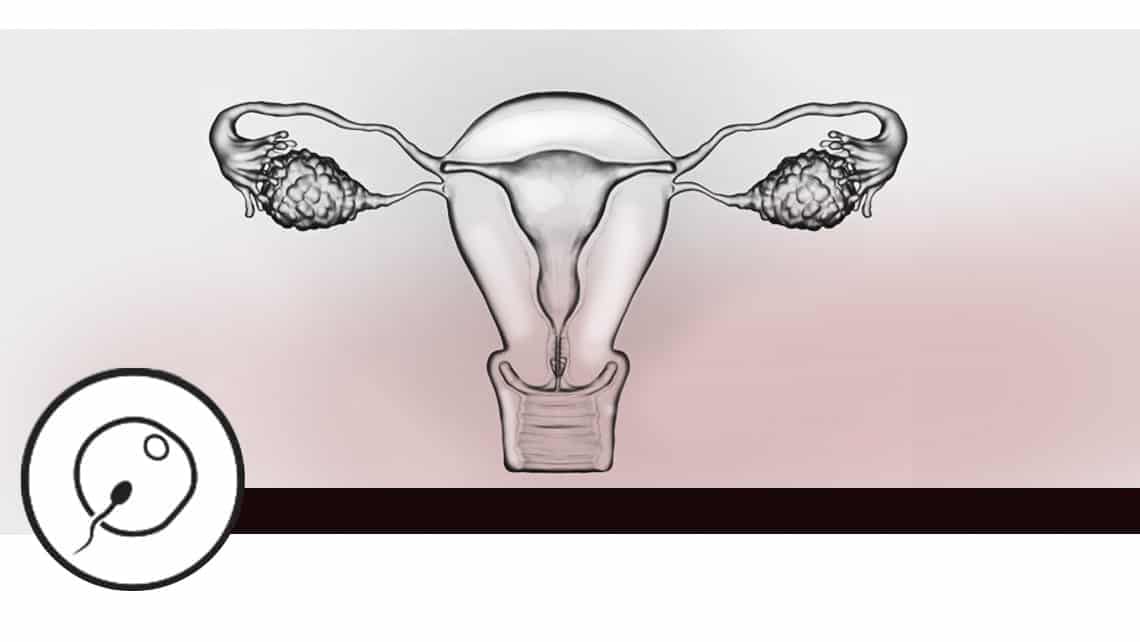
Aim: This is a prospective, randomised study to identify whether there’s a relationship between the method of oocyte maturation and the number of oocytes obtained in a selected population with indicators of low response.
Current situation: Completed.
Location: Instituto Bernabeu Alicante, Instituto Bernabeu Madrid, Instituto Bernabeu Albacete, Instituto Bernabeu Palma de Mallorca
Coordinated by: Dr Jordi Suñol, Dr Andrea Bernabeu, Dr Cristina Gavilán, Dr Lydia Luque, Dr Ruth Romero
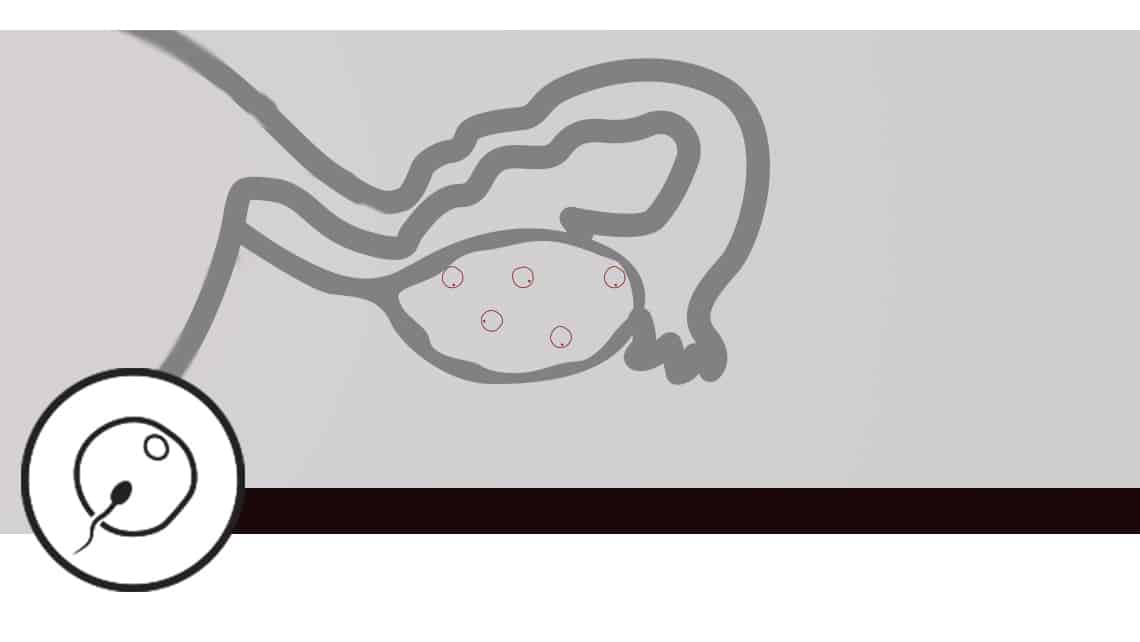
Subluteal study in low ovarian response
Investigation subject: assesses and quantifies the possible differences in follicular response to ovarian stimulation for IVF in patients with low response. It compares the effect of a single drug regimen and dose, with administration starting at two different times of the cycle: follicular phase vs. luteal phase, according to randomisation.
The stimulation protocol is identical in both phases
Objective: this is a randomised clinical trial to compare the follicular response to follicular phase stimulation vs. luteal phase stimulation in suboptimal patients. The main objective is the number of total and mature oocytes (MII) obtained in each type of treatment cycle.
Current situation: study completed.
Location: Instituto Bernabeu Alicante & Instituto Bernabeu Palma de Mallorca.
Coordinated by: Dr Jordi Suñol.
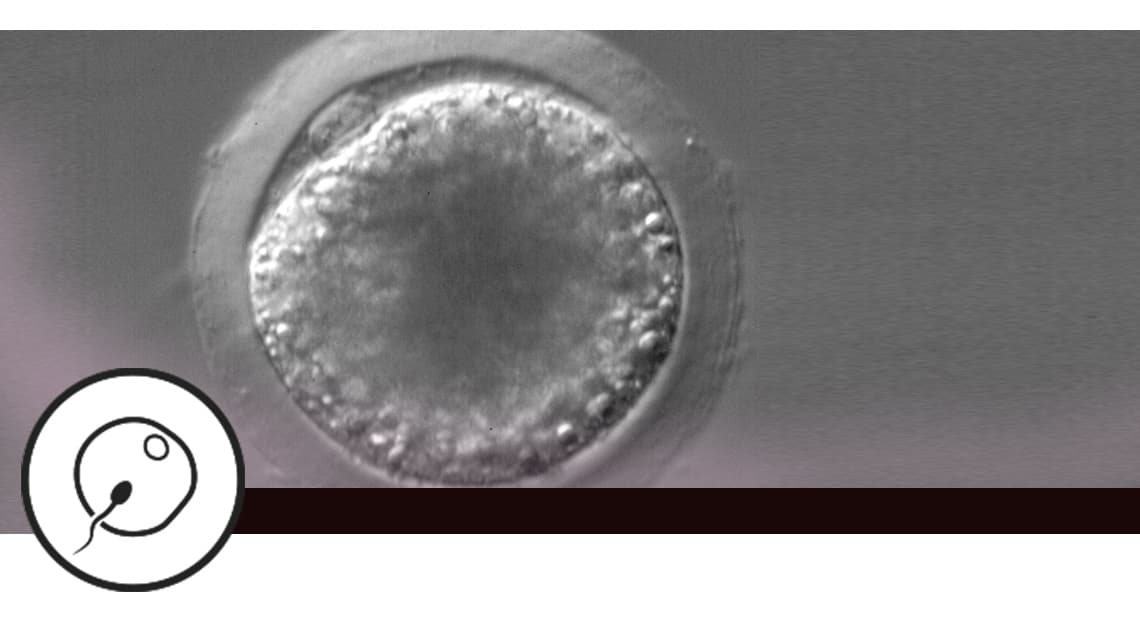
Efficacy of the Random Start protocol in an egg donation programme
Investigation subject: Traditionally, controlled ovarian stimulation strategies have been oriented towards starting in the early follicular phase. However, in recent years a strategy has emerged that has become known as Random-start, aimed at initiating ovarian stimulation regardless of the time of the patient’s cycle. Existing publications on Random-start stimulation include mostly exclusively oncological patients. This strategy may be an alternative to conventional ovarian stimulation in other clinical situations, such as in egg donors.
Objective: To assess the results in terms of clinical gestation and laboratory results in patients undergoing oocyte reception treatment. The eggs come from donors after conventional ovarian stimulation (control) or at different times throughout the menstrual cycle (Random-start protocol).
Current situation: The preliminary results of this work were accepted at the ESHRE 2019 congress and the paper is currently being finalised for publication.
Location: Instituto Bernabeu and Accuna.
Coordinated by: J. Guerrero, Dr J. Castillo, Dr J. Ten, Dr R. Bernabeu.
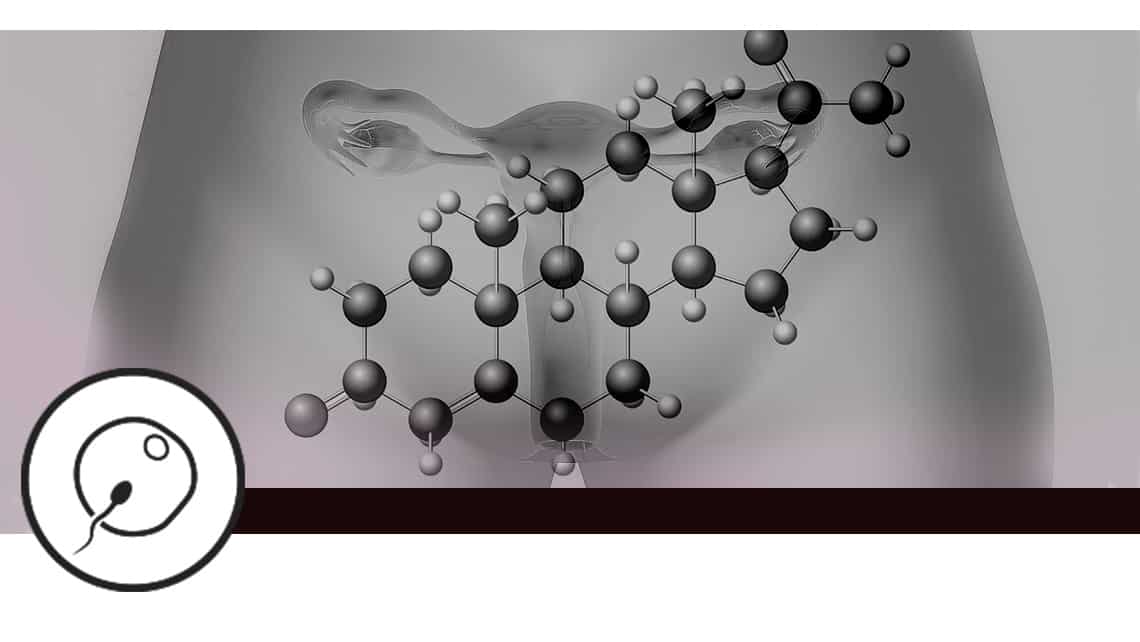
Investigation subject: prospective, randomised, multicentre clinical trial evaluating the efficacy of two different types of progesterone in cryopreserved embryo transfer cycles.
Objective: to evaluate the clinical gestation rate in patients with vaginal progesterone versus injectable progesterone as luteal phase support.
Current situation: in patient recruitment phase with more than 150 patients recruited.
Location: In Instituto Bernabeu Alicante and Instituto Bernabeu Madrid.
Coordinated by: Dr Cristina García-Ajofrín and Dr Andrea Bernabeu.

